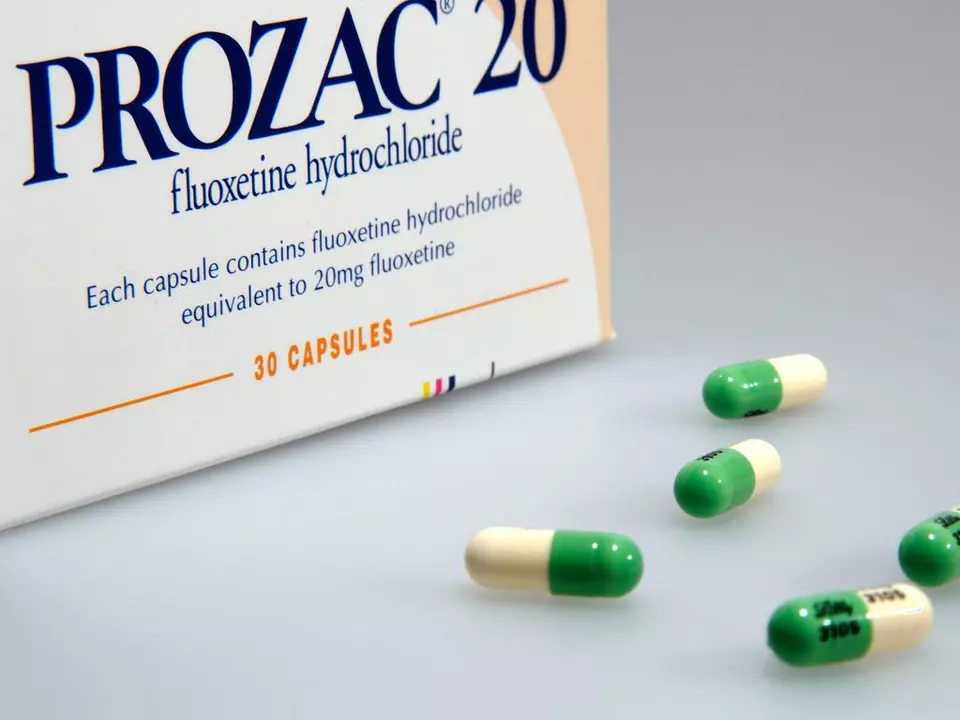Understanding ADHD: What You Should Know Today
ADHD, or attention-deficit/hyperactivity disorder, affects millions of people, making it harder to focus, control impulses, or stay still. But what exactly does ADHD mean for daily life, and how can different treatments help? Whether you’re managing it yourself or supporting someone else, knowing about the options available can make a big difference.
What Treatments Are Out There for ADHD?
Most commonly, ADHD treatments include medication, therapy, or a mix of both. Medications like stimulants help by boosting brain chemicals linked to focus and impulse control. Non-stimulant meds are also an option, especially if stimulants cause side effects. But medication isn't a one-size-fits-all—working with a healthcare provider helps find what's best.
Therapies like behavioral coaching teach strategies to handle distractions and organize tasks. Combining meds with therapy often works better than doing just one. Simple changes at home or school—like structured routines or clear instructions—can add extra support.
Practical Tips to Manage ADHD Daily
Living with ADHD means discovering tricks that work specifically for you. Use calendars, alarms, or apps to remind you of important tasks. Breaking big projects into smaller steps helps keep things manageable. Regular exercise and enough sleep improve focus better than you might expect. And don’t hesitate to ask for help—whether from friends, family, or professionals.
Understanding ADHD is about more than just knowing the symptoms; it’s about finding effective tools and creating an environment where you can succeed. With the right approach, challenges become manageable and clearer days ahead feel within reach.

